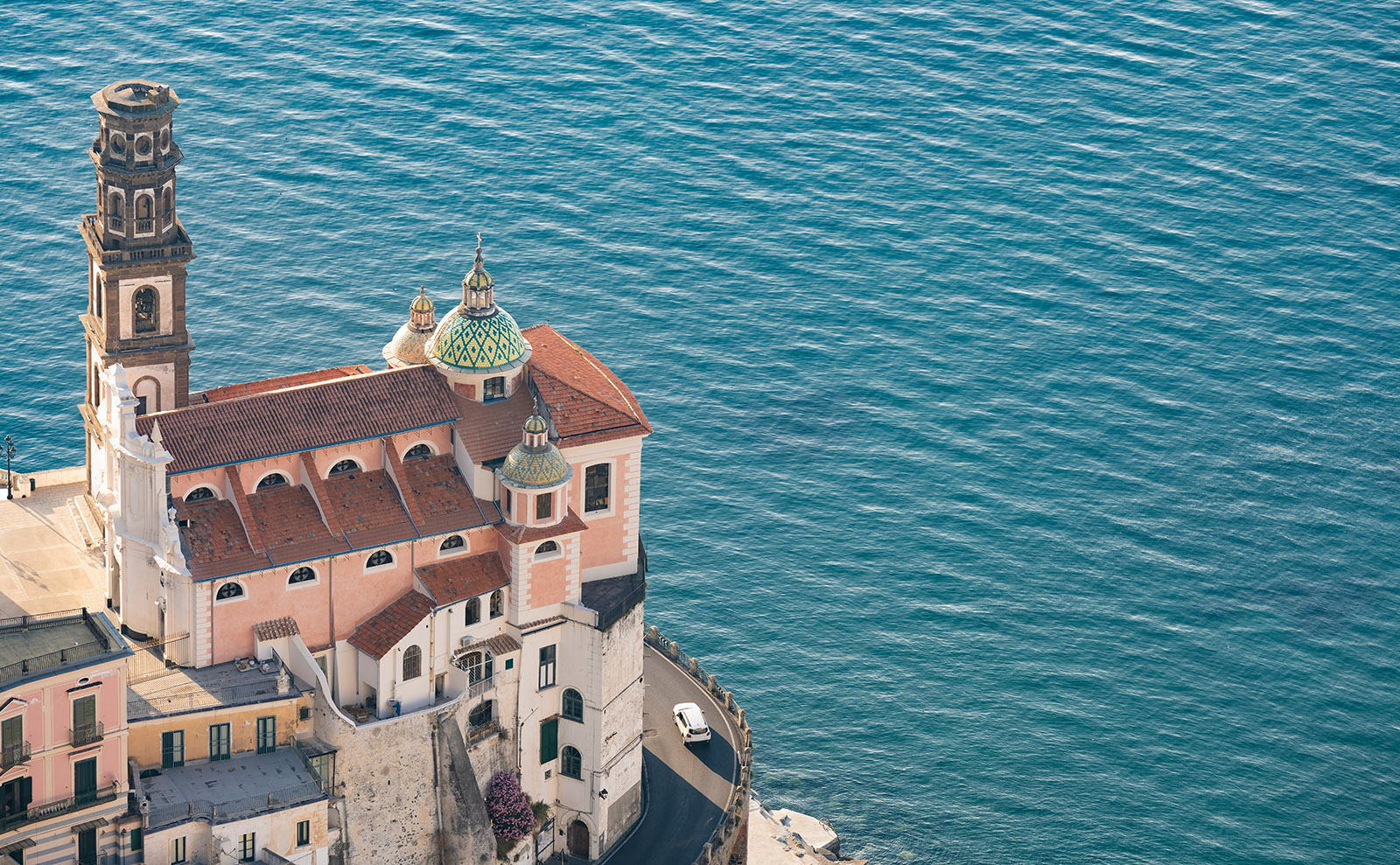
Armchair travel around the world!
Start your reading adventures with our FREE Reading Atlas.

- Around the World in 14 Books
- 7 Thrilling Book Series
- 6 Audiobooks That Are Like Theater For Your Ears



You might know American poet Henry Wadsworth Longfellow from high school English class staples like Paul Revere’s Ride, The Song of Hiawatha, and Evangeline. He was also the first American to completely translate Dante’s Divine Comedy. Longfellow was a traveler and linguist, a romantic and a Romantic, rooted in American life and infatuated with Europe.
Born in Portland, Maine, in 1807 to an established New England family, Longfellow was expected to follow in his father’s well-heeled footsteps to become a lawyer. Instead, during his time at Bowdoin College, he showed dexterity with foreign languages. When the school offered him a post-graduation position teaching modern languages, there was just one stipulation: He must travel to Europe to research foreign tongues in person. Oh, to be a 19-year-old student of life and language on a grand tour! During his first trip from 1826 to 1829, his lifelong love affair with words and the Old World began.
He traveled to Italy several times during his life, most triumphantly in 1869 with his family of nine at his side. The photo below was taken in Venice (zoom into image), although Florence became one of his favorite cities, inspiring him to write the (unfinished) dramatic poem The Old Bridge at Florence.

This poem is a tribute to Amalfi, a small town tucked between the sea and the foot of Monte Cerreto. The setting is dramatic with steep cliffs that form a deep ravine that, as Longfellow describes, is ‘a stairway, not a street.’

Top image courtesy of travelwild/Shutterstock.
Want to keep up with our book-related adventures? Sign up for our newsletter!
Can you help us? If you like this article, share it your friends!
Strong Sense of Place is a website and podcast dedicated to literary travel and books we love. Reading good books increases empathy. Empathy is good for all of us and the amazing world we inhabit.
Strong Sense of Place is a listener-supported podcast. If you like the work we do, you can help make it happen by joining our Patreon! That'll unlock bonus content for you, too — including Mel's secret book reviews and Dave's behind-the-scenes notes for the latest Two Truths and a Lie.
Join our Substack to get our FREE newsletter with podcast updates and behind-the-scenes info — and join in fun chats about books and travel with other lovely readers.

We'll share enough detail to help you decide if a book is for you, but we'll never ruin plot twists or give away the ending.
Content on this site is ©2026 by Smudge Publishing, unless otherwise noted. Peace be with you, person who reads the small type.